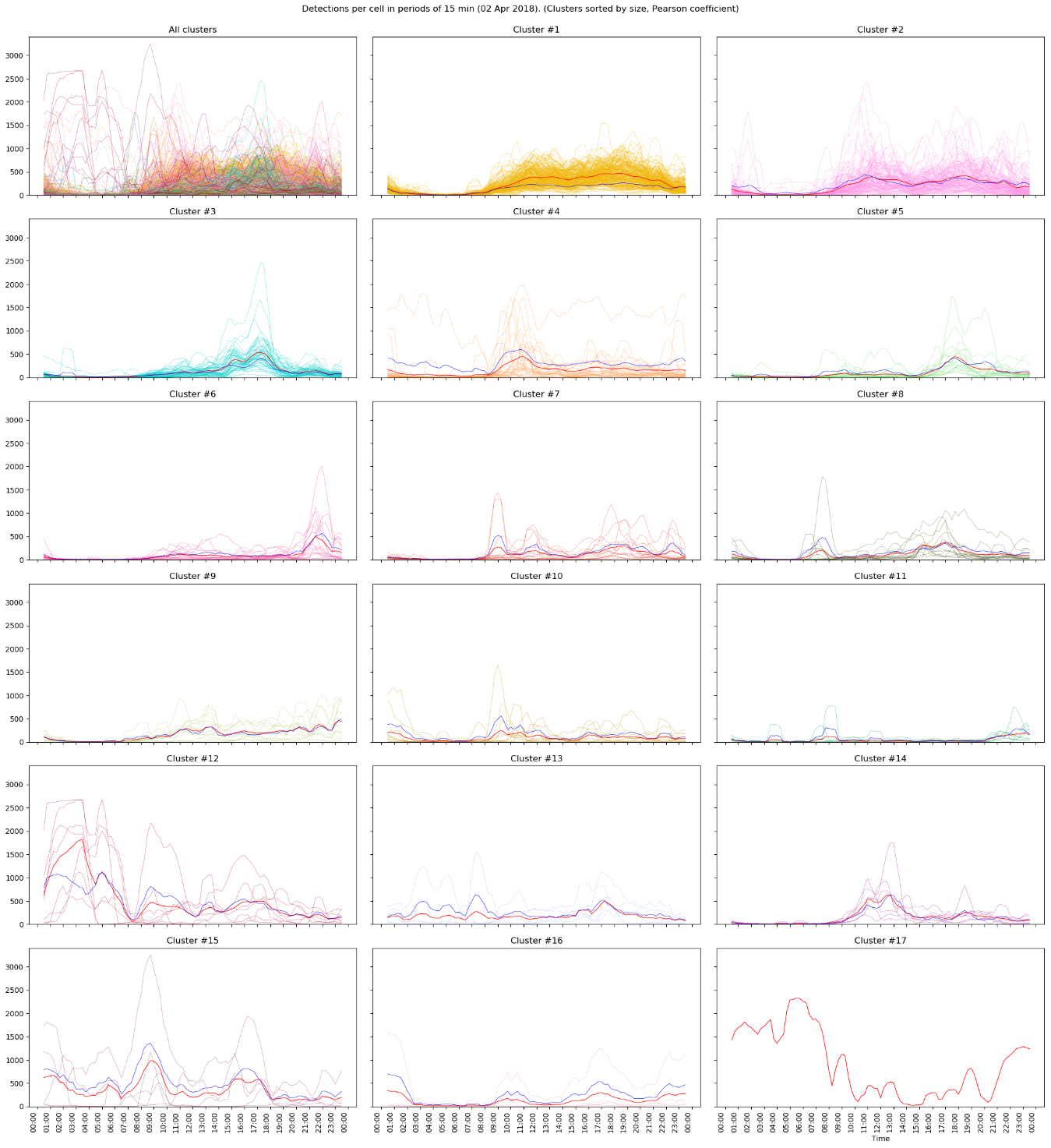New Urban Analysis Toolkit
Using Computation to Understand How Pedestrians Use Market Square
The School of Architecture’s Computational Design Laboratory (Code Lab) is collaborating with the Pittsburgh Downtown Partnership (PDP) and Metro21: Smart Cities Institute to better understand how Pittsburghers use Market Square in order to inform future planning decisions. The project, led by Code Lab researcher Javier Argota Sánchez-Vaquerizo, is based on an urban analysis toolkit that uses computer vision and machine learning techniques to collect and analyze anonymous data about the movement of people and vehicles in public spaces, with unprecedented accuracy.
Argota, an architect from Spain, recently completed his MS in Computational Design at CMU’s School of Architecture with the support of the Fullbright Foundation. Argota developed key aspects of the toolkit as part of his master’s thesis, advised by Code Lab co-director Professor Daniel Cardoso Llach. The toolkit is co-developed by Urban Data Eye, a company that Argota formed to develop the technology further.
The PDP expects that the insights produced by this project will help maintain Market Square as a vibrant hub of downtown activity, and perhaps make visible new planning opportunities. By better understanding how people use Market Square, for example, we may be able to better inform design and planning decisions. With this research, the Code Lab seeks to expand the current repertoire of tools to understand how cities function, and enable new kinds of urban and architectural analysis.
The project is currently in progress and results will be available later this Fall.



Project partners:
Pittsburgh Downtown Partnership (http://downtownpittsburgh.com/)
Computational Design Laboratory, CMU (http://code.arc.cmu.edu/)
Urban Data Eye (https://urbandataeye.com/)
Category: News